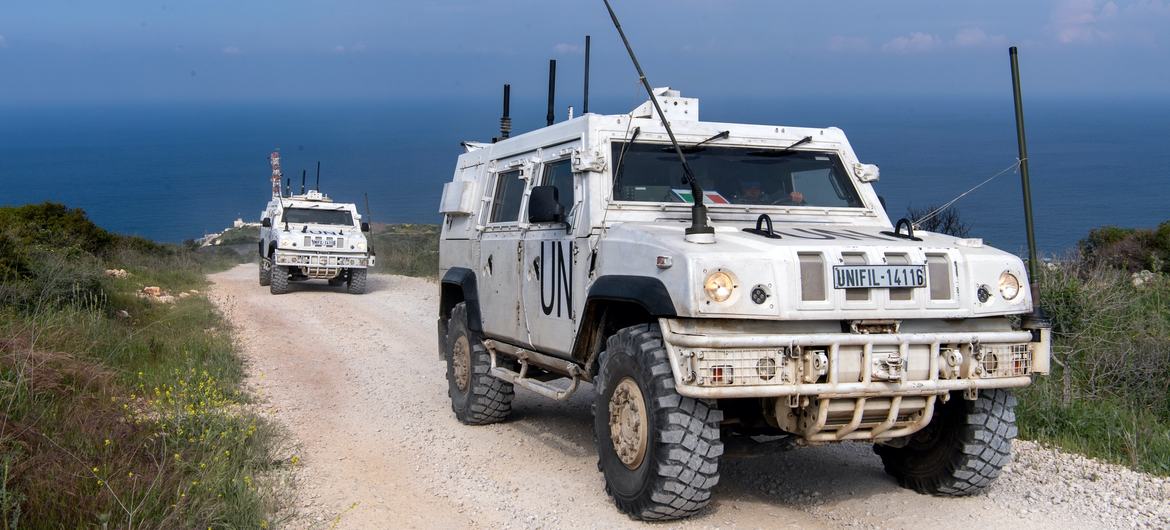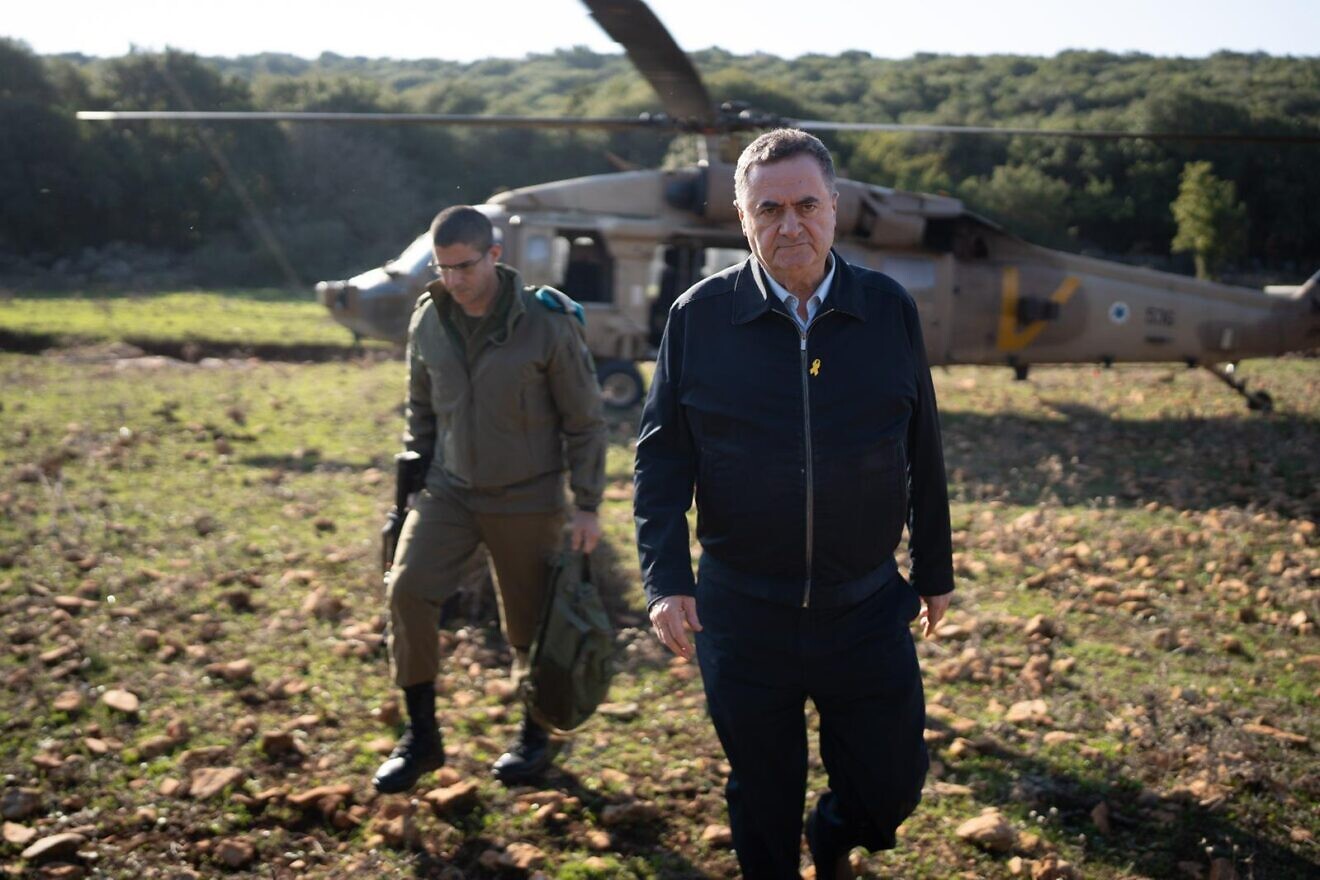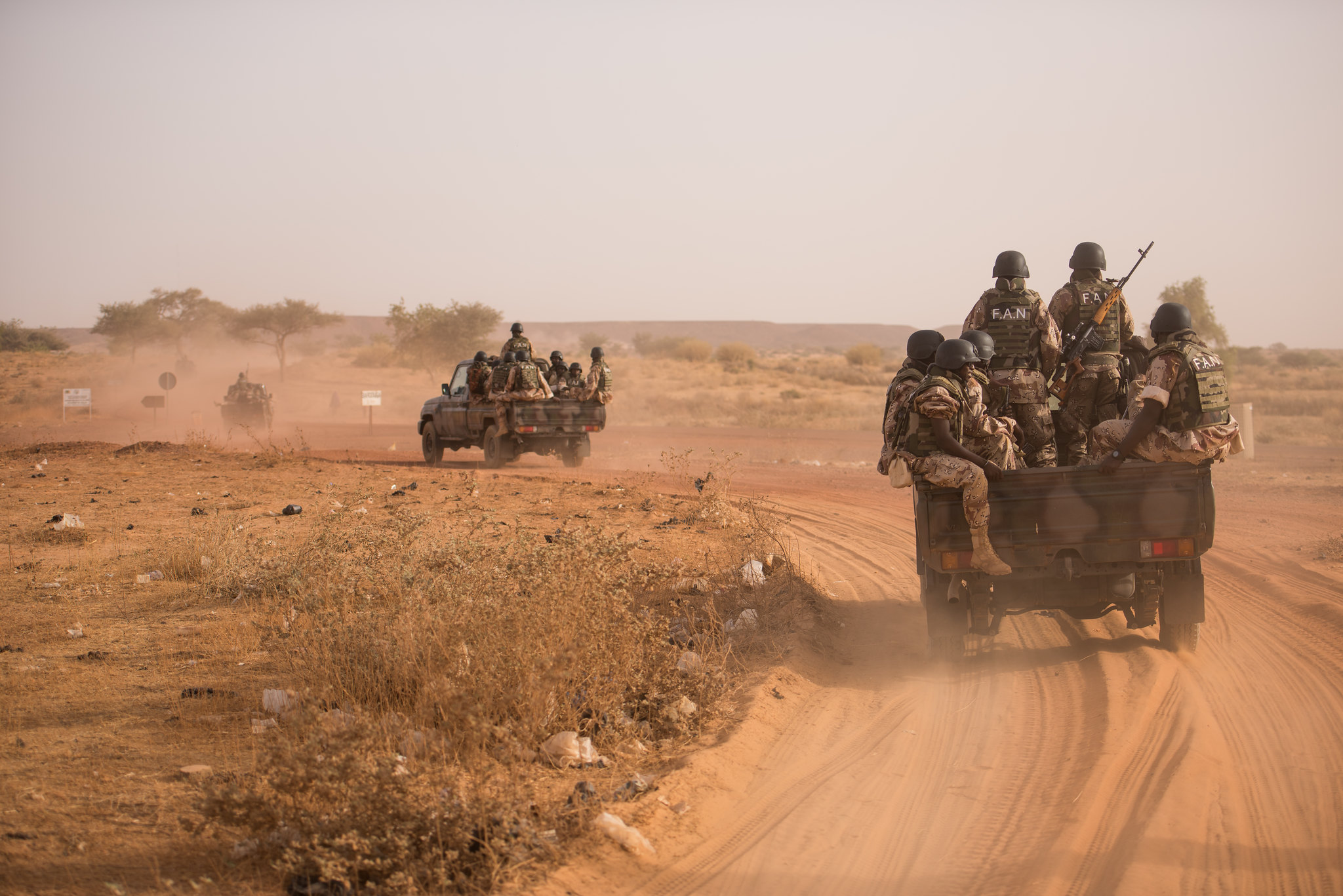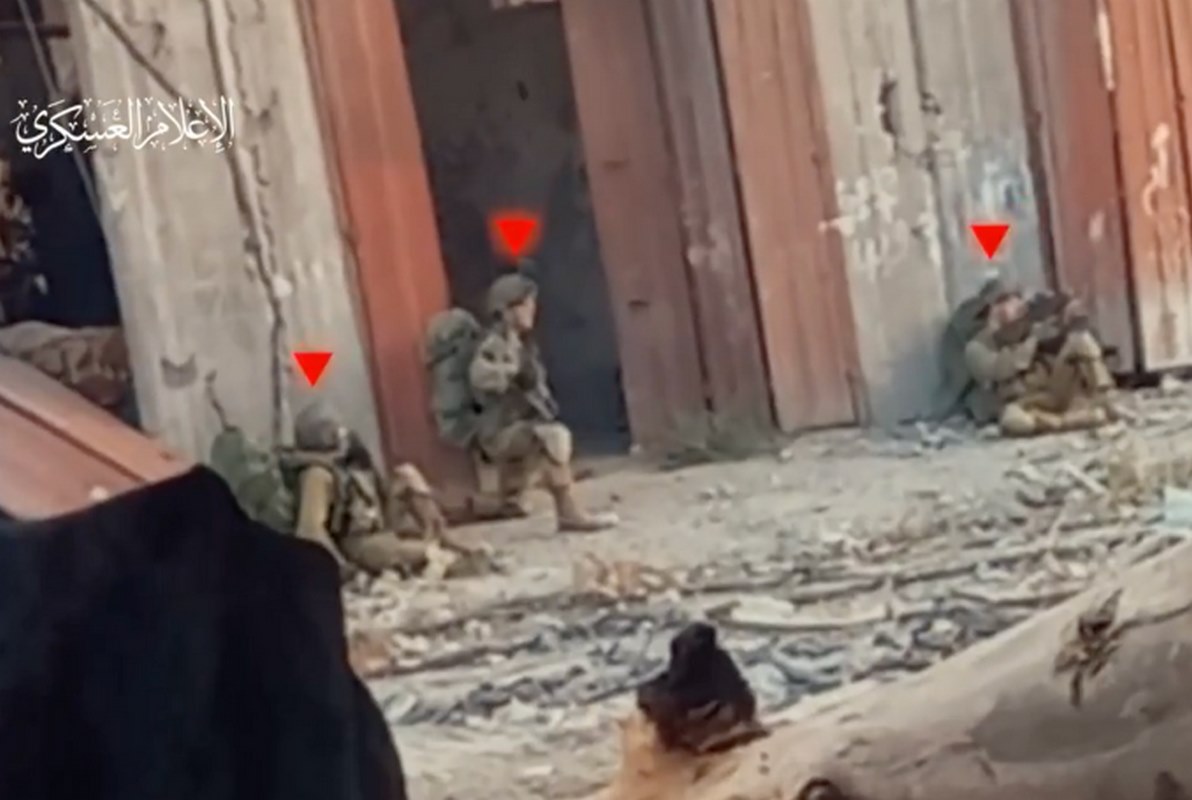In 1960, during the United Nations peacekeeping operations in the Congo, peacekeepers from Ireland came under heavy attack by local militias at a place called Jadotville. During the siege of the UN positions, the Irish unit didn’t lose a single peacekeeper killed in action, and held out with remarkable determination despite being far from home in a foreign country none of them lived in or ever planned to return to.
The UN actions in the Congo were among the largest ever carried out, and remain one of the organization’s most successful efforts. They constituted the first UN peacekeeping mission to employ force to implement decisions by the Security Council and was the first mission to enforce a no-fly zone and an arms embargo. During its first three years of operations, it improved the Congo’s internal security substantially and eventually led to the recapture of control by the central government up to a point.
Today, however, as Irish peacekeepers once again come under attack—this time by Israelis in south Lebanon rather than by Katanganese militias, foreign mercenaries, and illegal gold miners, they existed in a fragile, isolated stronghold, without air control, without Security Council backing, without arms embargoes, and without any ability to control the situation.
The UN peacekeepers in southern Lebanon face a rogue state that has ignored the pleas and wishes of the United Nations General Assembly, insulted its members as a “swamp of anti-Semitic bile,” sanctioned and killed UN agents and officials attempting to intervene on behalf of Arab states, been found guilty in UN courts of war crimes, crimes against humanity, apartheid, and genocide, and seemingly can attack a peacekeeping mission with impunity.
Yet in the face of all this, the UN General Secretary avoided calling the attack on the Irish peacekeepers a war crime, merely that it ‘might’ be one. It is this kind of insufficiency of action that has allowed the conflict to be scaled up to its current point.
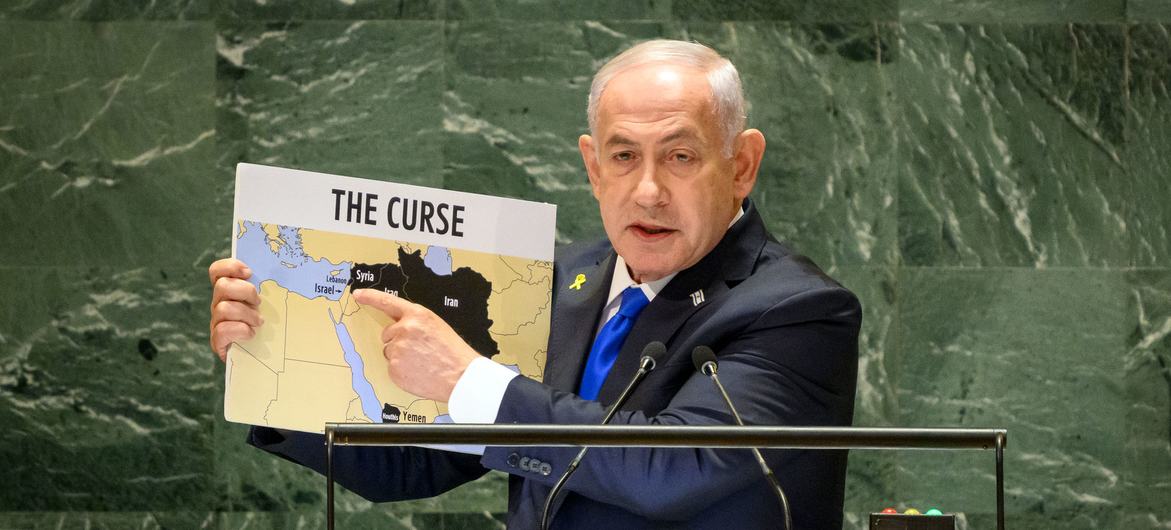
War with the world congress
Irish troops are part of UNIFIL (UN Interim Force in Lebanon) which has been operating along the Blue Line at the Lebanon-Israel border since 1978. Last week, Israeli soldiers fired on UNIFIL positions occupied by the Irish with tank rounds, injuring two of the Irish peacekeepers.
On Sunday, two of those tanks smashed through the gates of the UNIFIL compound, demanded that the base shut off all lights, and remained for 45 minutes before departing and firing smoke canisters that bathed the compound in an unknown gas that reportedly left 15 peacekeepers with skin irritation or gastrointestinal symptoms.
The IDF had previously issued evacuation orders directly to the UN peacekeepers, which it of course has no right to do—only the UN Security Council can give orders to UN peacekeeping missions. Prime Minister Netanyahu also “urged” them to abandon their posts in a video message sent directly to the UN General Secretary Antonio Guterres.
“We have requested an explanation from the IDF regarding these shocking violations,” the UNIFIL Mission said in a statement. “For the fourth time in as many days, we remind the IDF and all actors of their obligations to ensure the safety and security of UN personnel”.
Middle-East Eye reported on every attack on the UNIFIL presence in detail, and the likelihood that Israel’s initial response is true—that they were responding to a threat 50 meters from the compound—seems very low.
The attacks drew grave condemnation from France, Spain, China, Ireland, and three dozen other nations, but only Spanish President Pedro Sanchez followed it up with anything more than what the heads of these states have been saying since the genocide began. Sanchez called on UN members to end arms sales to Israel.
Beyond the peacekeeping mission, Israel upheld the ban on Secretary Guterres from entering Israel, labeling him persona non grata; the Israel Land Authority approved the confiscation of a 1,500-acre site that hosts the headquarters of UNRWA, the UN mission to the Palestinians; and the Knesset recently saw legislation introduced to ban UNRWA entirely from operating in Israel and likely scale back aid distribution across Gaza, where food aid hasn’t been allowed to enter since October 1st.
“The EU urges the Israeli authorities to ensure that UNRWA is allowed to continue carrying out its crucial work in line with its mandate adopted by the UN General Assembly,” a statement from the EU read, following news that the bill passed committee.
“UNRWA provides essential services to millions of people in Gaza, the West Bank, including East Jerusalem, and across the region, including Lebanon, Syria and Jordan and is a pillar of regional stability,” the statement continued. Throughout the war, UNRWA has been impeded from distributing aid into Gaza constantly, due to accusations that several of its members were involved in the October 7th attack.
A new UN inquiry, led by Navi Pillay, a former UN high commissioner for human rights, has accused Israel of “extermination” and war crimes over its destruction of Gaza’s medical system. They will present their findings on October 30th.
The conflict has demonstrated the modern limits of the United Nations. Their members are routinely attacked, killed, and sanctioned, their offices confiscated, their orders belittled and ignored. Yet they often cannot, and occasionally will not, meet this belligerence with anything satisfactory to the aim of halting or scaling it back. WaL
We Humbly Ask For Your Support—Follow the link here to see all the ways, monetary and non-monetary.
PICTURED ABOVE: A UNIFIL armored vehicle patrols the Blue Line in Lebanon. PC: UN Photo / Pasqual Gorriz.
